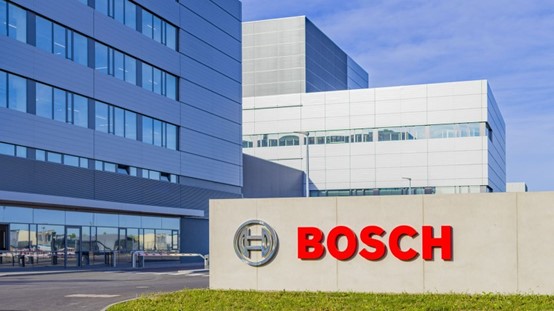Pubblicato :09/03/2021 06:34:12
Fare clic su Conteggio:2103
The shortage of chips is affecting the production of many hardware products, ranging from cars, computers, servers, to every charger, and even Bluetooth headsets. Compared with the consumer electronics industry, automotive and industrial electronics account for a small proportion of chip shipments, the quantity and model are fixed, the production process is not high, the transaction volume and prices are relatively stable, and it is usually not easy to appear out of stock. However, since the beginning of December last year, Volkswagen’s short-term suspension of production due to insufficient chip supply has aroused widespread concern from the outside world. Although all parties in the market responded that “core shortage” is not a common phenomenon, some auto companies admitted that the supply of certain automotive electronic component chips will be interrupted, which will cause some car production to face interruptions.
With the gradual recovery of global consumer market demand, in the fourth quarter of 2020, major automakers and the industry chain will replenish inventory, which will drive the demand for automotive semiconductors. It is expected that the global automotive chip output value will reach 18.67 billion US dollars in 2020. The output value will reach 21 billion U.S. dollars, an annual increase of 12.5%, and global car shipments are expected to reach 83.5 million in 2021.
In addition to the automotive industry, the demand for consumer electronics products such as PCs and tablets has also recovered rapidly after the epidemic eased. According to market research organization IDC, China’s PC market will grow by 10.7% in 2020, which is the first time that the market has returned to positive after eight consecutive years of negative growth. However, IDC warned at the same time that there are still many uncertain factors, such as epidemic control and spare parts shortage.
Facing the shortage of the chip market, Bosch officially announced on March 8 that the first batch of silicon wafers at its Dresden fab will be rolled off the fully automated production line, laying the foundation for its official start of production and operation in the second half of 2021. After the fab was put into operation, the main focus was on automotive chip manufacturing.
According to reports, Bosch currently has a semiconductor plant in Reutlingen near Stuttgart, and the Dresden fab will be committed to meeting the ever-increasing market demand for semiconductor applications. Bosch invested about 1 billion euros in the Dresden wafer fab, with the goal of building it into one of the most advanced wafer fabs in the world. In addition, the construction of the new building of the Dresden fab has also received funding subsidies from the Federal Ministry of Economics and Energy within the German Federal Government. The fab is scheduled to be officially put into operation in June 2021.

The Bosch fab in Dresden started construction in June 2018, covering an area of approximately 100,000 square meters. The external construction will be completed in the second half of 2019, and the building area will reach 72,000 square meters. Bosch subsequently carried out the internal construction of the factory and installed the first batch of production equipment in the dust-free workshop. In November 2020, the preliminarily completed high-precision production line completed the first fully automatic trial production. In the final construction phase, the factory will employ 700 employees to be responsible for production management and monitoring as well as maintenance of machinery and equipment.
Wafers that have integrated circuits etched on circular silicon wafers can be cut into hundreds of chips after packaging. Currently, MCUs, display driver chips, power management chips, APs (application processors), and lens chips used to produce eight-inch wafers are out of stock, driving upstream price increases.